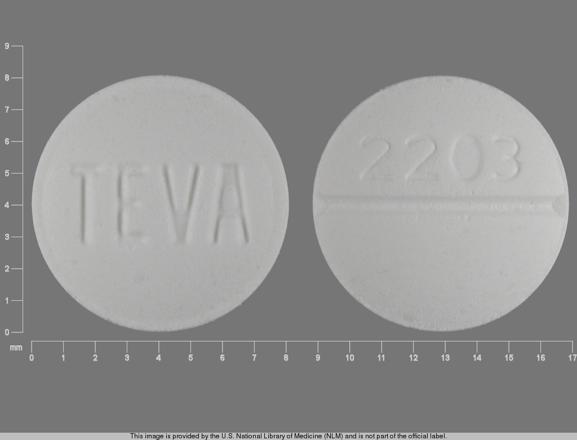Metoclopramide Interactions
There are 364 drugs known to interact with metoclopramide, along with 10 disease interactions, and 2 alcohol/food interactions. Of the total drug interactions, 53 are major, 300 are moderate, and 11 are minor.
- View all 364 medications that may interact with metoclopramide
- View metoclopramide alcohol/food interactions (2)
- View metoclopramide disease interactions (10)
Most frequently checked interactions
View interaction reports for metoclopramide and the medicines listed below.
- Aspirin Low Strength (aspirin)
- Benadryl (diphenhydramine)
- Cymbalta (duloxetine)
- Eliquis (apixaban)
- Fish Oil (omega-3 polyunsaturated fatty acids)
- Lantus (insulin glargine)
- Lasix (furosemide)
- Lexapro (escitalopram)
- Linzess (linaclotide)
- Lipitor (atorvastatin)
- Lyrica (pregabalin)
- Metoprolol Succinate ER (metoprolol)
- Metoprolol Tartrate (metoprolol)
- MiraLAX (polyethylene glycol 3350)
- Nexium (esomeprazole)
- Norco (acetaminophen / hydrocodone)
- Paracetamol (acetaminophen)
- Plavix (clopidogrel)
- Protonix (pantoprazole)
- Singulair (montelukast)
- Symbicort (budesonide / formoterol)
- Synthroid (levothyroxine)
- Tylenol (acetaminophen)
- Vitamin B12 (cyanocobalamin)
- Vitamin C (ascorbic acid)
- Vitamin D2 (ergocalciferol)
- Vitamin D3 (cholecalciferol)
- Xanax (alprazolam)
- Zofran (ondansetron)
- Zyrtec (cetirizine)
Metoclopramide alcohol/food interactions
There are 2 alcohol/food interactions with metoclopramide.
Metoclopramide disease interactions
There are 10 disease interactions with metoclopramide which include:
- depression
- gastrointestinal disorders
- NMS
- pheochromocytoma
- seizures
- tardive dyskinesia
- fluid retention
- hypertension
- parkinsonism
- renal dysfunction
More about metoclopramide
- metoclopramide consumer information
- Compare alternatives
- Pricing & coupons
- Reviews (522)
- Drug images
- Side effects
- Dosage information
- Patient tips
- During pregnancy
- Drug class: GI stimulants
- Breastfeeding
Related treatment guides
Drug Interaction Classification
| Highly clinically significant. Avoid combinations; the risk of the interaction outweighs the benefit. | |
| Moderately clinically significant. Usually avoid combinations; use it only under special circumstances. | |
| Minimally clinically significant. Minimize risk; assess risk and consider an alternative drug, take steps to circumvent the interaction risk and/or institute a monitoring plan. | |
| No interaction information available. |
See also:
Ubrelvy
Ubrelvy (ubrogepant) tablets are used for the acute treatment of migraine. Includes Ubrelvy side ...
Nurtec ODT
Nurtec ODT (rimegepant) is used to treat acute migraines and prevent episodic migraines, by ...
Qulipta
Qulipta is used to help prevent episodic or chronic migraine headaches in adults. Qulipta is an ...
Reglan
Reglan (metoclopramide) is used to treat heartburn caused by gastric reflux. Includes Reglan side ...
Gimoti
Gimoti (metoclopramide) is used for the treatment of symptoms associated with diabetic ...
Botox
Botox is used cosmetically to reduce facial lines and wrinkles and for medical purposes for ...
Emgality
Emgality (galcanezumab-gnlm) is a CGRP antagonist for the preventive treatment of migraine and for ...
Ajovy
Ajovy (fremanezumab-vfrm) is a preventive migraine treatment. Includes Ajovy side effects ...
Inderal
Inderal (propranolol) is used to treat angina, high blood pressure and heart rhythm disorders ...
Botox Cosmetic
Botox Cosmetic is a prescription treatment for fine lines and wrinkles. It temporarily improves the ...
Further information
Always consult your healthcare provider to ensure the information displayed on this page applies to your personal circumstances.


